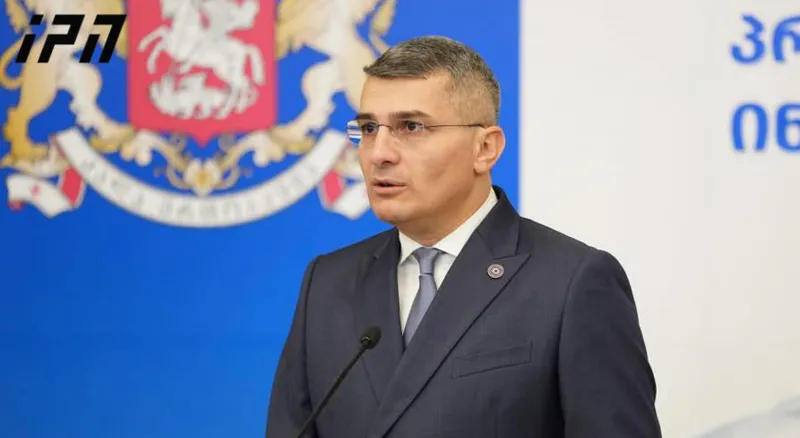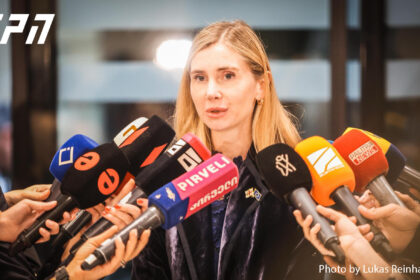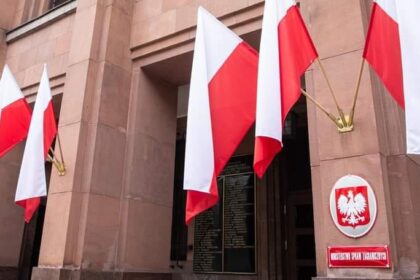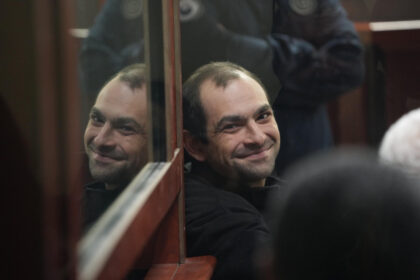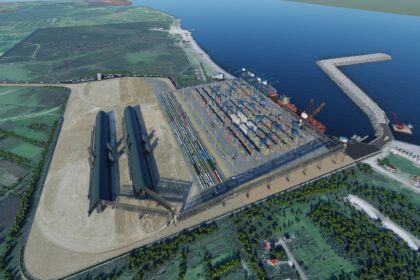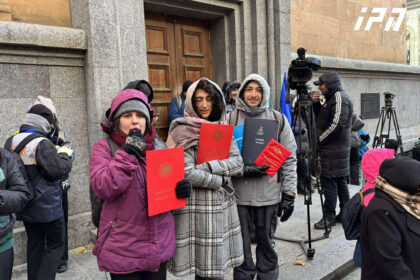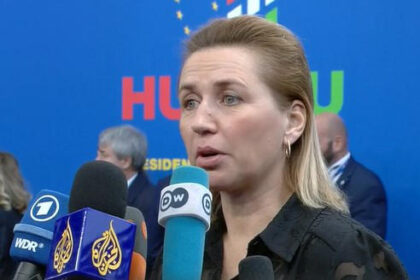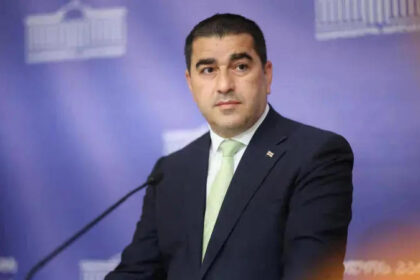**Accusations and Propaganda: A Warning from Georgia**
In a recent Facebook post, Mamuka Mdinaradze, the leader of the parliamentary majority in Georgia, sounded a warning about the tactics of propaganda. He drew parallels with the infamous Joseph Goebbels, a high-ranking Nazi official known for his skillful use of propaganda during World War II.
**The Power of Repeated Accusations**
Mdinaradze argued that the essence of effective propaganda lies not in the truth or accuracy of the accusations, but in repeatedly spreading them through a network of agents. He pointed out how some opposition figures and European politicians have labeled the “Georgian Dream” government as pro-Russian. By repeating this accusation, Mdinaradze claimed that these groups aim to create a negative narrative about the government.
**The Role of the ‘Deep State’**
Mdinaradze also accused an organized network of what he called the “deep state” of orchestrating this propaganda campaign. He noted that even the U.S. National Security Director has made similar claims, suggesting that the “deep state” is a global phenomenon. Mdinaradze’s comments are likely aimed at addressing the growing concerns about external interference in Georgia’s politics.
**The ‘Russian’ Label**
In his post, Mdinaradze also highlighted how the term “Russian” has become a hallmark of this propaganda network. He warned that if those behind these accusations are forbidden from using the term, they risk losing their influence and effectiveness. This suggests that Mdinaradze believes the label is crucial to the success of this propaganda campaign.
**A Lesson from History**
By drawing parallels with Goebbels’ tactics, Mdinaradze is cautioning against the dangers of propaganda and repeated accusations without facts. His comments serve as a reminder that in the world of politics, words can be powerful tools for shaping public opinion and influencing policy decisions.
Read More @ www.interpressnews.ge




